Professor David Scheel, the presenter of a BBC2 documentary on Thursday, instantly brought to mind that American scientist in The Fast Show: bearded, bespectacled, softly spoken and willing to try an experiment just for the hell of it. A marine biologist in Alaska, Scheel has been studying octopuses (his own preferred plural, incidentally) for 25 years. But what, he whispered excitedly, ‘would I find out if I invited an octopus into my house?’
Well, one obvious answer we got from the starkly titled The Octopus in My House is that a TV film crew would be happy to show up and record what happened — which was essentially that he and his 16-year-old daughter Laurel spent a lot of time peering wonderingly into the animal’s tank.
Then again, there was plenty to wonder at. As Scheel pointed out more than once, all forms of intelligent life — birds, reptiles, amphibians, mammals, us — developed along the same evolutionary pathway. All, that is, except one: the three-hearted, literally blue-blooded and entirely boneless octopus, which has come up with its own, very different genetic solutions to successful living. And if you’ve ever doubted whether the ‘intelligent’ part applies to octopuses (or worse still, never given it much thought), Scheel was the man to put you right. With a mixture of passion and mild truculence — as if carrying on an argument with some off-screen octo-sceptics — he listed their achievements at some length. Not only are they among the 1 per cent of animals that use tools, but they can pass memory tests, plan for the future and solve the trickiest of mazes. Displaying an almost paternal pride, he also showed his own octopus Heidi unscrewing a jar-lid and, he insisted, attentively watching television.
Now, I’m prepared to admit that Dr Scheel may know more about octopuses than I do. Even so, there were times when it seemed as if some of his claims might owe more to love than to scientific rigour. (‘It’s always tempting to impute/ Unlikely virtues to the cute,’ wrote Ogden Nash — and for Scheel, Heidi’s cuteness was indisputable.) Towards the end, he noticed Heidi changing colour as she slept and instantly decided that she was dreaming, before identifying precisely what she was dreaming about.
Another unworthy half-thought is that Heidi was a handy way of seeing more of his daughter. As he told us at the start, his ex-wife had got most of the living-room furniture in their recent divorce. On the plus side, this did leave space for a large octopus tank. But the divorce also meant that he now had to share custody of Laurel, who was very keen for his house to contain a dog — at least until he managed to persuade her that an octopus would be much the same: just as affectionate, just as pleased to see her and just as fond of playing. Yet, if this was a cunning parental trick, I have to admit that it worked on me as well as on the clearly smitten Laurel. Whenever she approached the tank, Heidi really did appear to greet her with both recognition and pleasure.
Still, whatever Scheel’s motives, he undoubtedly accomplished his main aim. With a bit of help from Heidi herself, whose changing-colours-and-textures routine never failed to delight, he left us with an overwhelming sense of the all-round astonishingness of octopuses. By the end, I can’t imagine any viewers disagreeing with his verdict that these are ‘such strange and wonderful creatures’. Many might also have thought that the programme was pretty strange and wonderful itself.
Happily, the welcome return of Channel 4’s Stath Lets Flats helps to confirm my pet theory that sitcoms have become a lot more kindly in recent years. (Think, among others, The Detectorists, Derry Girls and This Country.)
The Stath of the title (Jamie Demetriou, who writes the show) is deeply proud of working for his Greek-Cypriot family’s flat-letting business despite being completely rubbish at letting flats. His sister Sophie (Natasia Demetriou, Jamie’s real-life sister) is deeply proud of her online songs about ‘the dramas and pains we’re living every day and night’, despite being completely rubbish at music. Stath’s colleague Carole (Katy Wix) may be far better at the job than he is, but a) that’s no great feat and b) what success she does have apparently requires the mouthing of any amount of half-understood corporate guff.
Nevertheless, the programme treats all three of these people not with the traditional comic scorn, but with a level of sympathy which ensures that, however excruciating things get, we wince along with them rather than sneer. There’s kindness between the characters too, especially Stath and Sophie. And all this without the sweetness ever curdling into sentimentality — or the show forgetting its primary sitcom duty to be funny. As I say, a welcome return.
Got something to add? Join the discussion and comment below.
Get 10 issues for just $10
Subscribe to The Spectator Australia today for the next 10 magazine issues, plus full online access, for just $10.
You might disagree with half of it, but you’ll enjoy reading all of it. Try your first month for free, then just $2 a week for the remainder of your first year.

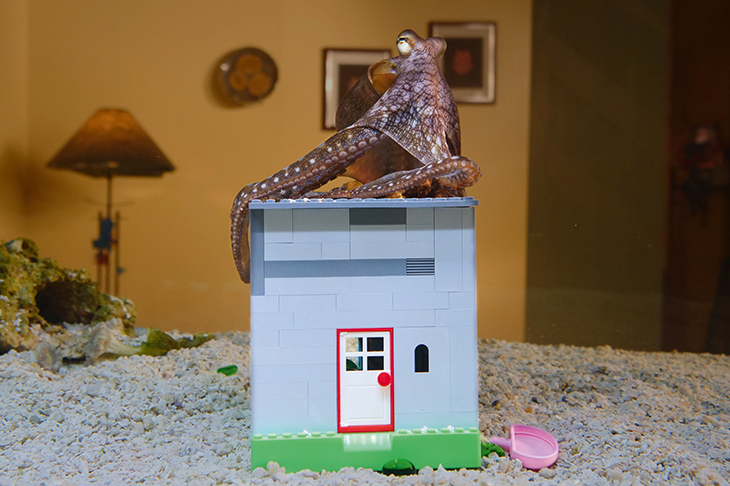
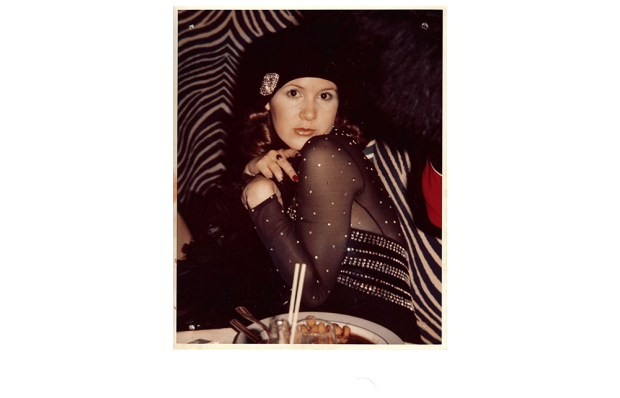

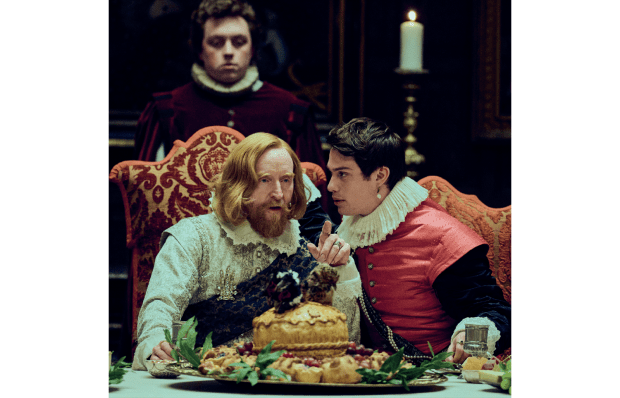
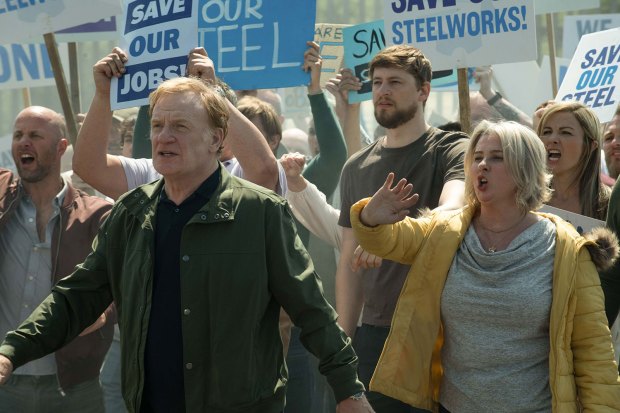

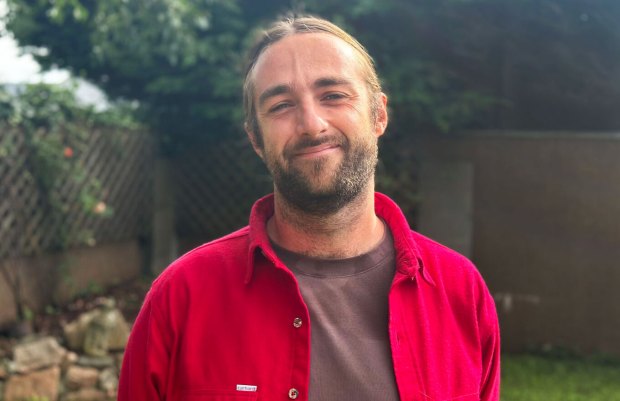






Comments
Don't miss out
Join the conversation with other Spectator Australia readers. Subscribe to leave a comment.
SUBSCRIBEAlready a subscriber? Log in